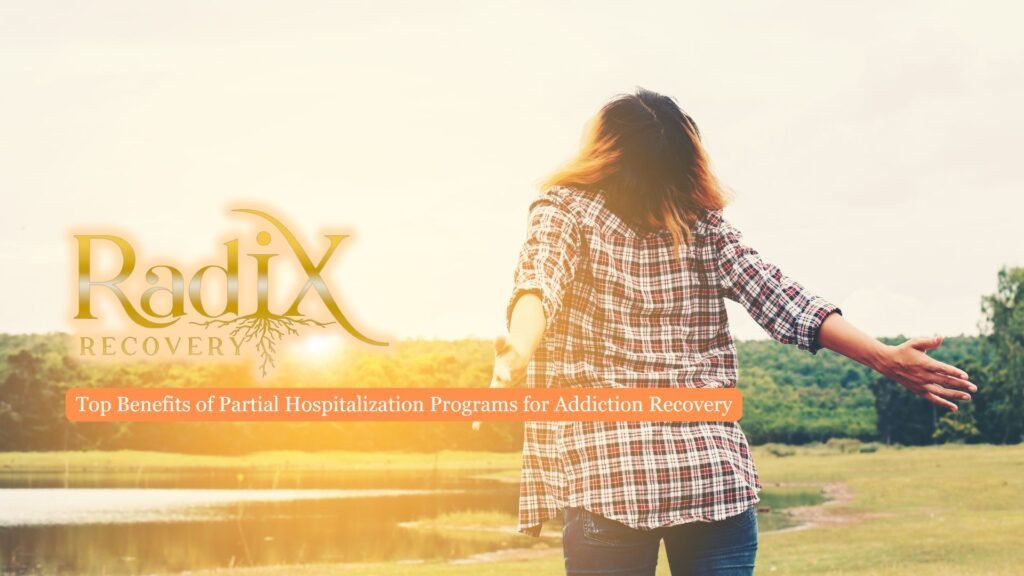Among the health complications of alcoholism, seizures are one of the most alarming and potentially life-threatening outcomes. While moderate alcohol use is unlikely to trigger seizures, heavy and prolonged drinking can significantly alter brain function, leading to conditions in which seizures may occur.
Understanding how alcoholism can lead to seizures is crucial for recognizing risks, seeking timely medical intervention, and promoting recovery.

How Alcohol Affects the Brain and Seizure Risk
Alcohol’s impact on the brain is a double-edged sword, initially suppressing neural activity by stimulating GABA receptors but ultimately increasing the risk of seizures, especially during withdrawal.
When you regularly consume alcohol, your brain adapts to its presence, leading to alcohol dependence. As you attempt to quit drinking, the sudden absence of alcohol’s suppressive effects can cause a rebound in brain activity, potentially triggering alcohol withdrawal seizures.
These seizures typically occur within 12 to 48 hours after your last drink, as your brain adjusts to the lack of alcohol’s influence on GABA receptors.
Seeking alcoholism treatment is crucial in preventing potentially life-threatening complications associated with alcohol-induced seizures.
Understanding Alcohol Withdrawal Seizures
When you abruptly stop drinking after a period of heavy alcohol use, your brain experiences a sudden shift in activity that can trigger alcohol withdrawal seizures.
These seizures are a serious symptom of alcohol withdrawal syndrome and usually occur between 6 to 72 hours after your last drink, with most cases happening 12 to 48 hours post-cessation.
The seizures are typically generalized tonic-clonic or grand mal seizures.
If you’re a heavy drinker who suddenly quits, you’re at a much higher risk of experiencing withdrawal seizures compared to moderate drinkers.
Understanding the connection between alcohol and seizures is vital for individuals struggling with substance abuse, as proper management of alcohol withdrawal can prevent dangerous outcomes.
The Link Between Alcoholism and Epilepsy
Chronic alcohol abuse can significantly increase your risk of developing epilepsy, a neurological disorder characterized by recurrent seizures.
Long-term alcohol consumption may also lead to brain damage, which can predispose individuals to seizures and potentially increase the risk of developing epilepsy.
Studies have shown that individuals with a history of alcohol use disorder are at a higher risk of sudden unexpected death in epilepsy (SUDEP) due to the complex interplay between alcohol consumption and seizure activity.
Alcohol misuse can aggravate seizures in individuals with preexisting epilepsy by disrupting sleep, interfering with antiepileptic medications, and altering brain activity.
While alcohol itself may temporarily raise the seizure threshold during intoxication, its abrupt removal creates a hyperexcitable state in the brain, heightening seizure risk.
Recognizing the Signs and Symptoms of Alcohol-Related Seizures
Common symptoms include sudden loss of consciousness, stiffening of muscles (tonic phase), followed by rapid, rhythmic jerking movements (clonic phase). Individuals may experience confusion, disorientation, or extreme shakiness before or after the seizure.
Additional warning signs include fever, hallucinations, repeated vomiting, and abdominal pain. In severe cases, seizures may be accompanied by delirium tremens, characterized by agitation, sweating, rapid heartbeat, and disorientation.
Be aware of withdrawal symptoms like tremors and anxiety, which may precede these seizures. Post-seizure symptoms can include grogginess, confusion, and memory loss, signaling the need for immediate medical attention.
Complications Associated with Alcohol-Induced Seizures
Alcohol-related seizures pose significant complications, particularly due to the effects of alcohol on brain chemistry and withdrawal processes.
Generalized tonic-clonic seizures are the most common type during alcohol withdrawal. They’re marked by muscle rigidity and convulsions. These seizures, provoked by abrupt alcohol cessation, trigger hyperexcitability in the brain due to GABA receptor suppression and NMDA receptor upregulation.
Alcohol poisoning can also provoke seizures through hypoglycemia or hypoxia caused by respiratory depression. Repeated alcohol withdrawal seizures may lead to brain damage via excitotoxicity (excessive neurotransmitter release) and oxygen deprivation during prolonged seizures.
Chronic alcohol use exacerbates risks through structural brain changes, such as atrophy, and the “kindling effect,” where each withdrawal episode lowers the seizure threshold. Severe cases can progress to status epilepticus—a medical emergency linked to permanent neurological injury or death.
Diagnosis and Management of Alcohol-Induced Seizures
Diagnosing and managing alcohol-induced seizures requires careful evaluation and prompt medical intervention, as these seizures are often a sign of severe alcohol withdrawal symptoms and can escalate into life-threatening conditions.
Diagnosis typically begins with a thorough assessment of the patient’s history, including levels of alcohol intake, the duration of use, and any prior experiences with seizures. Medical professionals also perform physical exams and may order tests such as blood alcohol levels, electrolyte panels, or brain imaging to rule out other causes.
Management focuses on treating the immediate medical emergency while addressing the underlying addiction. Benzodiazepines are commonly used to control seizures and prevent recurrence during withdrawal. For individuals struggling with addiction, medically supervised detoxification is critical to ensure safety and reduce the risk of complications like status epilepticus.
Long-term care involves rehabilitation programs, counseling, and support groups to help patients achieve sustained recovery and prevent relapse.

Preventing Alcohol Seizures
Avoid consuming three or more drinks in a short period, as this significantly increases the likelihood of alcohol withdrawal seizures. If you have a history of heavy drinking, don’t quit abruptly, instead, gradually taper your intake to minimize withdrawal risks.
Maintain stable blood sugar levels by eating regular meals, especially during alcohol withdrawal. Consider seeking professional help for alcohol use disorder to access alcohol detox programs that monitor and manage withdrawal symptoms, preventing seizures.
Stay hydrated and maintain electrolyte balance during detoxification, as dehydration and chemical imbalances can trigger seizures.
Final Thoughts from Radix Recovery
Seizures related to alcohol, whether caused by binge drinking or the abrupt cessation of chronic alcohol use, are serious medical emergencies that require immediate attention. At Radix Recovery’s alcohol addiction treatment program in Cedar Rapids, we specialize in the treatment of acute alcohol withdrawal, offering comprehensive care tailored to each individual’s needs. If you or a loved one has experienced seizures related to alcohol or is seeking support to overcome substance abuse, our team is here to help you achieve lasting recovery in a safe and supportive environment.































































